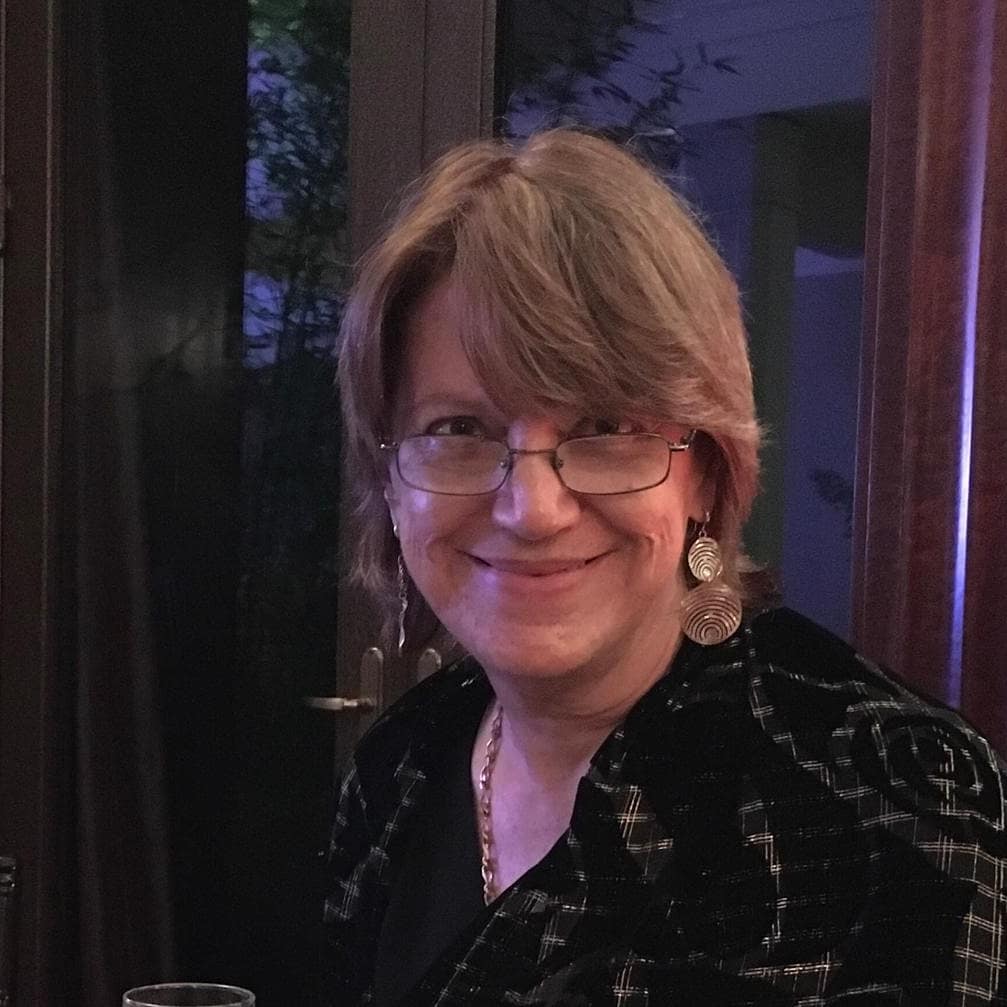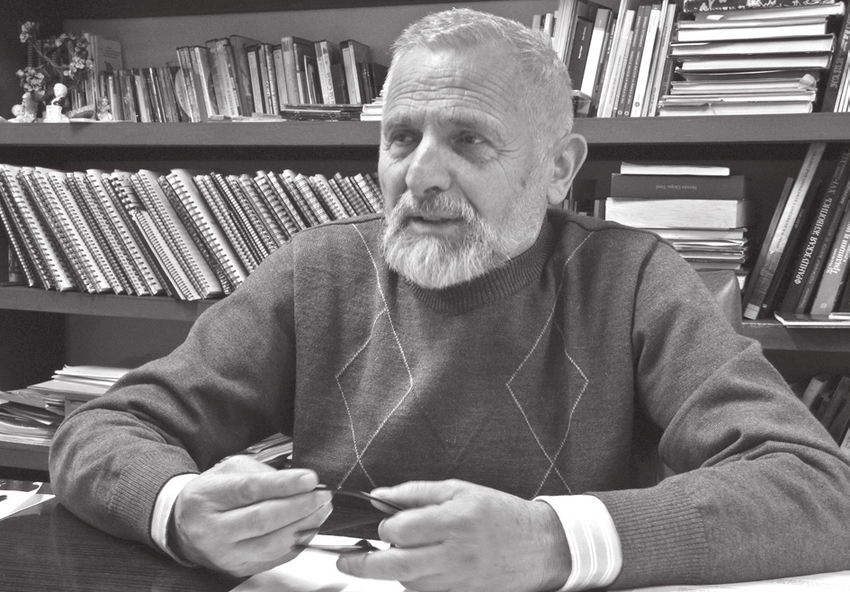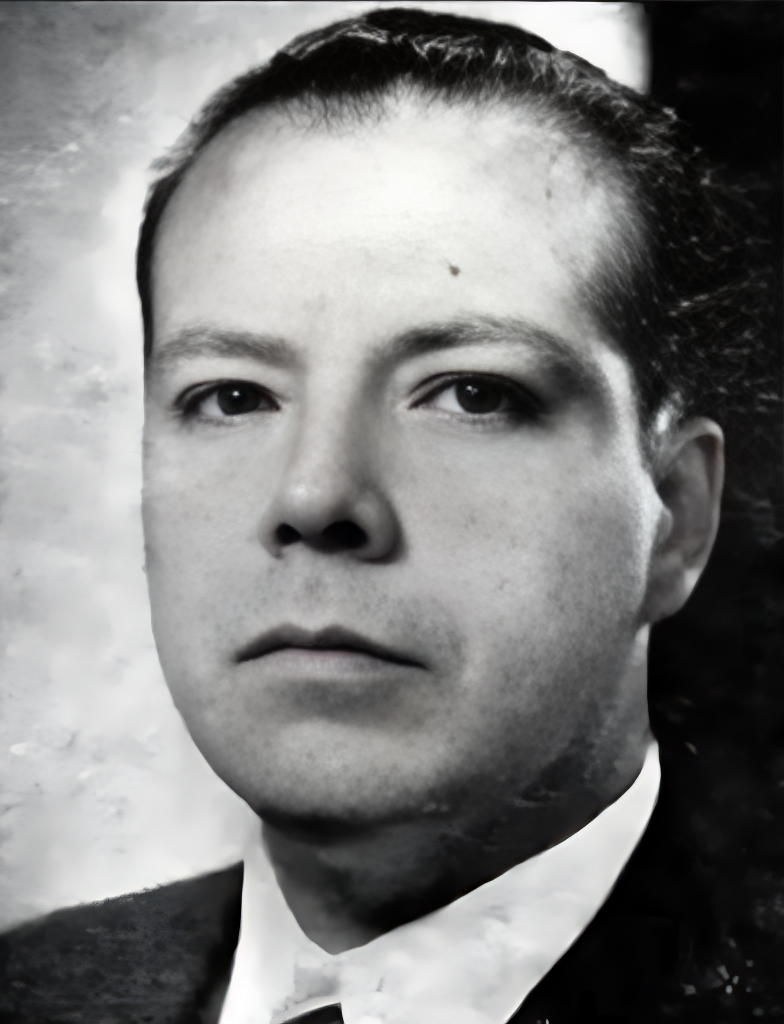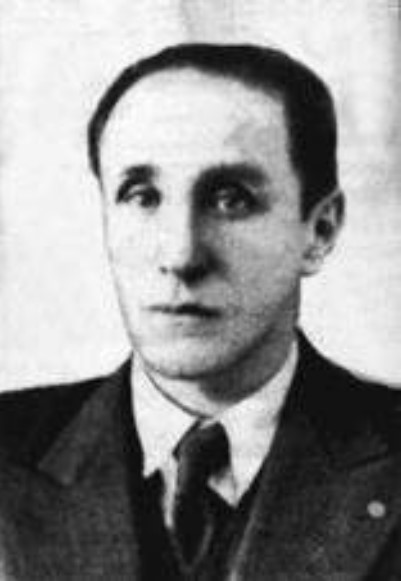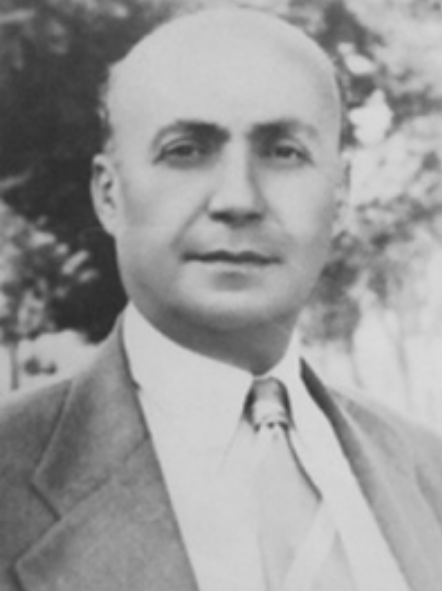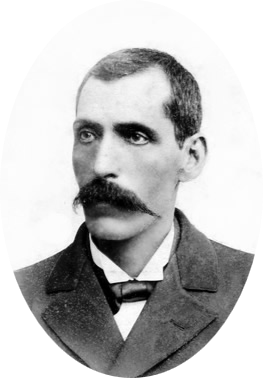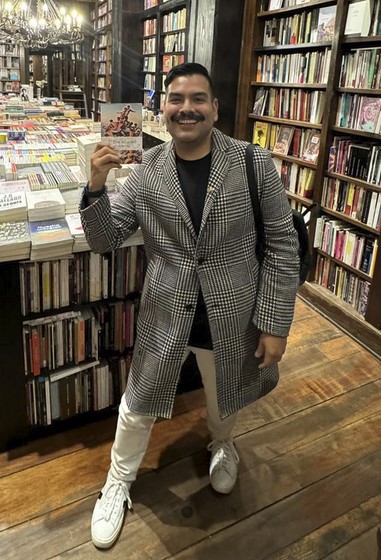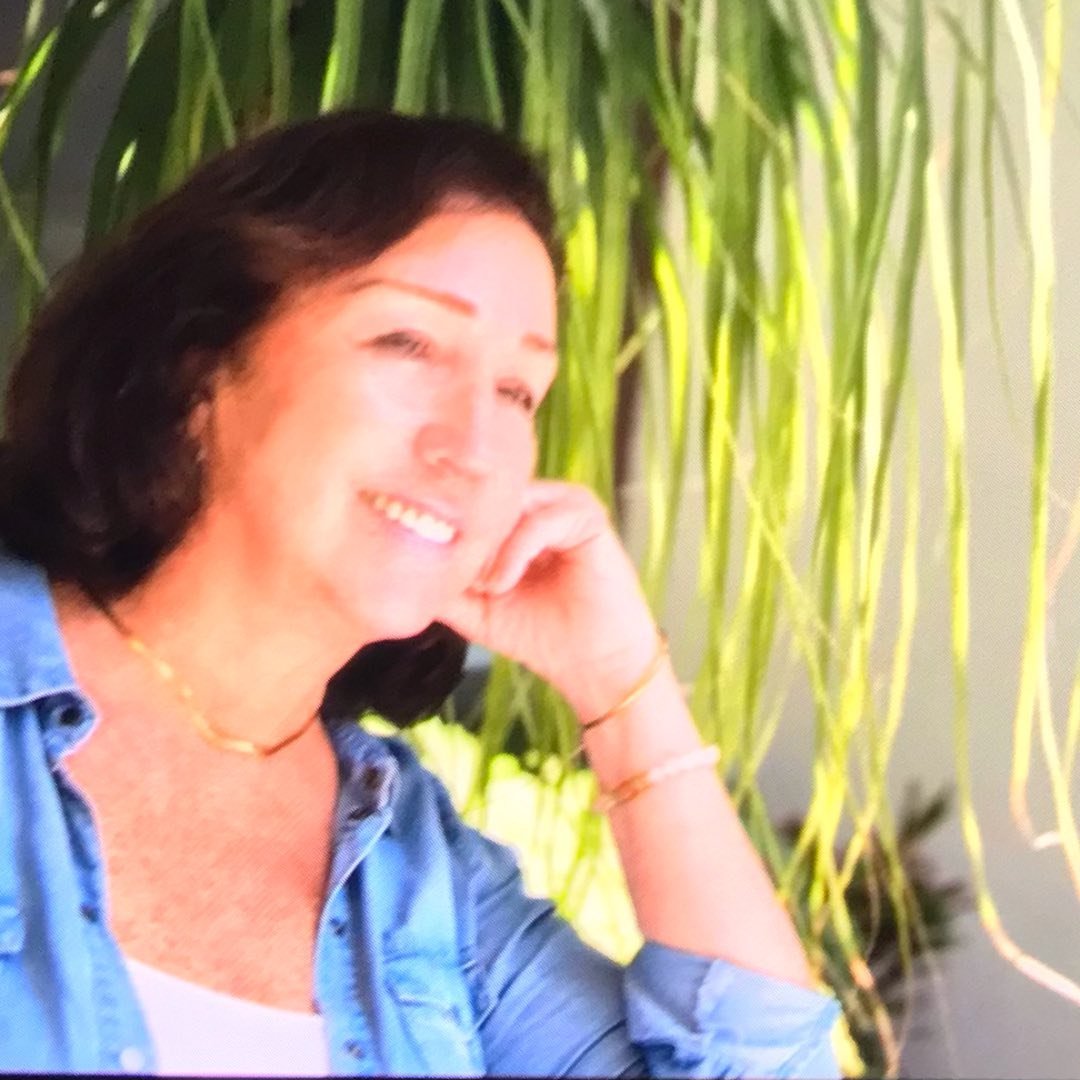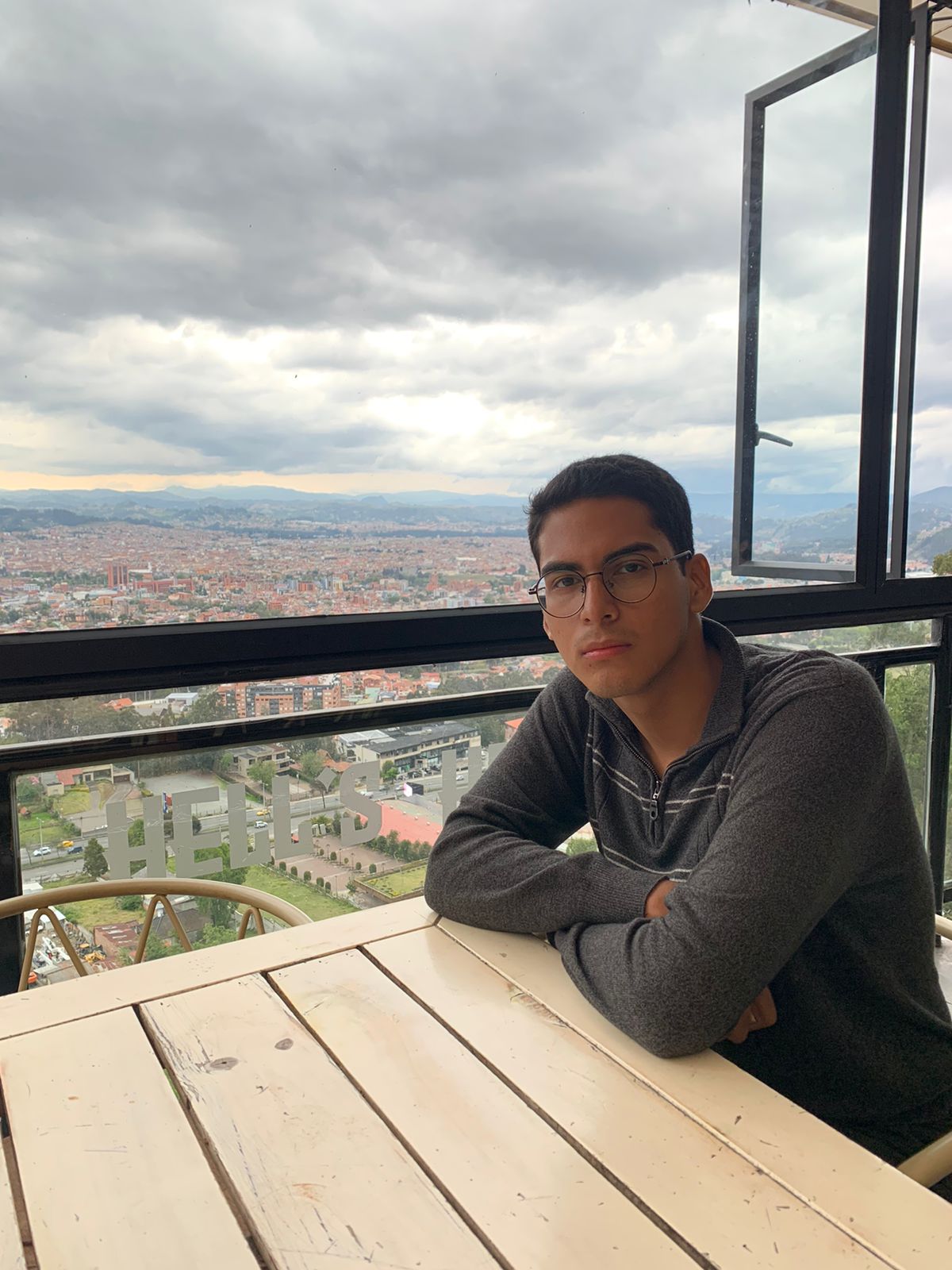Liliana Miraglia (Guayaquil, 1952) is an Ecuadorian writer, storyteller, and photographer known for her short stories that blend irony, humor, and subtle reflections on women’s roles in society. She was a key member of the Creative Writing Workshop of the Central Bank of Guayaquil, led by Miguel Donoso Pareja, and her works often explore the complexities of everyday life with a minimalist and ambiguous narrative style. Her notable works include “La vida que parece” (1989; The Life That Appears) and “Un close up prolongado” (1996; A Prolonged Close-up). Many of her other stories have been featured in anthologies, underscoring her significance in Ecuadorian literature of the late 20th century.
Continue reading “Liliana Miraglia”Month: October 2024
Fabiola Solís de King
Fabiola Solís de King (Quito, Ecuador, October 8, 1936) is an Ecuadorian writer, clinical psychologist, and agronomist. Known for her penetrating exploration of human psychology, her work often delves into themes of mental health, gender, and the boundaries between reality and madness. She has published short story collections such as Al otro lado del muro (1978) and Mundo aparte y otros mundos (1983), as well as co-authored the pioneering research book La sexualidad femenina en el Ecuador (1987). Her work, characterized by experimental techniques, situates her among the leading Ecuadorian women writers of the 1970s. Her stories have been featured in several anthologies, both nationally and internationally, solidifying her as a significant voice in Ecuadorian literature.
Continue reading “Fabiola Solís de King”Juan Bottasso Boetti
Juan Bottasso Boetti (Poveragno, Italy, September 27, 1936 – Quito, Ecuador, December 27, 2019) was an Italian missionary, anthropologist, and prolific author. As a Salesian priest, he dedicated much of his life to working with Ecuador’s indigenous Shuar people, advocating for the preservation of their culture and identity. He founded Editorial Abya Yala, which became a major platform for publishing works on indigenous cultures and environmental issues in Latin America. Bottasso also established the Institute of Applied Anthropology and was known for his extensive writings on mission studies and indigenous rights, becoming a leading figure in Ecuadorian anthropology.
Continue reading “Juan Bottasso Boetti”Manuel Agustín Aguirre
Manuel Agustín Aguirre Ríos (Loja, July 12, 1903 – Quito, September 15, 1992) was an Ecuadorian educator, jurist, poet, and political leader. A prominent Marxist theorist, Aguirre was a founding member of the Ecuadorian Socialist Party and later established the Revolutionary Socialist Party. His political career included serving as Vice President of the Constituent Assembly in 1945 and advocating for socialist reforms. As an academic, he became the first dean of the Faculty of Economics at the Central University of Ecuador and led the Second University Reform. Aguirre also authored several important works on Marxism and Latin American politics.
Continue reading “Manuel Agustín Aguirre”Jean Viet
Jean Viet (France, December 31, 1920 – August 6, 1987) was a French translator and demographer. In addition to his work in sociology and demographic research, Viet is recognized for translating Spanish literary works into French. Notably, he translated and published a novel by Ecuadorian writer Jorge Icaza as Un roman: Terre indienne in three parts in the French literary journal Poésie 47 (n° 38 in March 1947, n° 39 in May 1947, and n° 40 in August-September 1947). Viet also translated Camilo José Cela’s La familia de Pascual Duarte and Federico García Lorca’s Yerma and La casa de Bernarda Alba. His contributions extended beyond literature, as he was actively involved in sociological research at the Maison des sciences de l’homme and served as a consultant for the International Committee for Cooperation in National Research in Demography.
Continue reading “Jean Viet”Ivan Večerina
Ivan Večerina (Sušak, December 3, 1906 – Unknown) was a Croatian translator renowned for translating Spanish literary works into Croatian. He significantly enriched Croatian literature with notable translations, including Zli duhovi, the Croatian rendition of Huairapamushcas by Ecuadorian author Jorge Icaza, Vrtlog (La Vorágine) by Colombian author José Eustasio Rivera, Trorogi šešir (El sombrero de tres picos) by Pedro Antonio de Alarcón, and Doña Perfecta by Benito Pérez Galdós.
Continue reading “Ivan Večerina”Carlos Aguilar Vásquez
Carlos Aguilar Vásquez (Gima, Ecuador, September 15, 1897 – Azogues, Ecuador, April 12, 1967) was an Ecuadorian poet, novelist, and doctor. His work spans multiple genres, including novels, poetry, and essays. Notable works include Los Idrovos (1942), a historical novel exploring Ecuador’s political and social dynamics, and La Cruz del Machete (1928), a narrative about a guerrilla fighter. He also wrote poetry collections like Versos Oscuros (1953) and essays on public health and anti-alcoholism, reflecting his deep social commitment. In addition to his literary contributions, he held various public service roles and received the Fray Vicente Solano award in 1964 for his cultural influence.
Continue reading “Carlos Aguilar Vásquez”Jorge Adoum
Dr. Jorge Elías Francisco Adoum (Kafr-Shbeil, Lebanon, March 10, 1897 – Rio de Janeiro, Brazil, May 4, 1958) was a Lebanese-born Ecuadorian writer, translator, and practitioner of natural medicine. Known by the pen name Mago Jefa, he authored over forty volumes on esoteric topics, including occultism, Freemasonry, and gnostic traditions. A Grand Master Rosicrucian and 33rd-degree Freemason, Adoum was also renowned for his healing practices, employing techniques such as hypnotism and suggestion. His works, including Poderes (1940) and Del Sexo a la Divinidad (1952), earned him a lasting reputation in Latin America’s mystical and spiritual circles.
Continue reading “Jorge Adoum”Miguel Moreno Ordoñez
Dr. Miguel Moreno Ordóñez (Cuenca, March 3, 1851 – Cuenca, August 30, 1910) was an Ecuadorian poet, physician, politician, and philanthropist. After earning his medical degree from the University of Cuenca in 1876, he practiced medicine in Peru before returning to Ecuador, where he became known for his charitable work and religious devotion, including the construction of the Santo Cenáculo. A notable poet, he co-authored Sábados de Mayo (1877; “Saturdays in May”) and later published El Libro del Corazón (1907; “The Book of the Heart”). For his social and religious contributions, he was awarded the Papal Knighthood of the Order of St. Gregory the Great by Pope Pius X in 1907.
Continue reading “Miguel Moreno Ordoñez”David Aguirre
David Aguirre (Guayaquil, 1980) is an Ecuadorian author and clinical psychologist. He holds advanced degrees, including a Master’s in Psychoanalysis and a Master’s in Philosophy of Religion, along with a Doctorate in Psychology. His debut novel, El Dios del Árbol (2024; “The God of the Tree”), blends dark fantasy and psychological horror, reflecting his background in psychoanalysis. Aguirre’s work delves into themes of trauma, social alienation, and the grotesque, with influences from modern horror cinema. He presented the novel at the Guayaquil International Book Fair, establishing himself as a rising voice in Ecuadorian literature.
Continue reading “David Aguirre”María Inés Tinajero
María Inés Tinajero, an Ecuadorian author, recently presented her debut novel Ritorno a Venezia at the Feria Internacional del Libro de Guayaquil. This novel tells the story of a woman who defies societal norms to become the first female gondolier in Venice. The book, published by Línea Primitiva Editorial, marks Tinajero’s entry into the literary world and explores themes of gender, tradition, and resilience.
Nataly Daniela Flores Jara
Nataly Daniela Flores Jara (Guayaquil) is an emerging Ecuadorian author known for her novel Nacidos del Diamante: Cristhalina (2024). Her work explores themes of interplanetary conflict, destiny, and personal tragedy, blending imaginative world-building with emotional depth. Flores Jara was featured at the 2024 Guayaquil International Book Fair, where she presented her debut novel as part of Ecuador’s emerging literary voices.
Continue reading “Nataly Daniela Flores Jara”Carlos Daniel López
Carlos Daniel López (Guayaquil, Ecuador, 1995) is an emerging Ecuadorian author known for his evocative short stories and poetry. He gained initial recognition by contributing to the poetry anthology Manías de la mente (“Obsessions of the Mind”) and later solidified his reputation with the publication of Un día en la vida (2024; “A Day in the Life”), a collection of stories and poems exploring themes of love, loss, and hope. His work has been featured at the Guayaquil International Book Fair, marking him as one of Ecuador’s promising young literary voices.
Continue reading “Carlos Daniel López”Hernán Zúñiga Albán
Hernán Zúñiga Albán (Ambato, January 18, 1948) is an Ecuadorian painter, engraver, muralist, poet, and educator. Known for his distinctive “Barroco guayaco” style, Zúñiga has been an influential figure in Ecuadorian art for over six decades. He has exhibited his work internationally and played a key role in establishing important cultural institutions such as the Capilla del Grabador-Museo del Grabado. Zúñiga is also a celebrated poet, with works like Crónicas de los Esteros (“Chronicles of the Estuaries”), which won the Medardo Ángel Silva National Poetry Prize in 1982, exploring the lives of marginalized communities.
Continue reading “Hernán Zúñiga Albán”Génesis Andrea Toapanta Ramos
Génesis Andrea Toapanta Ramos, also known as Andrea Toapanta (Quito, 2001) is an Ecuadorian poet known for her evocative and introspective style. Influenced by writers like Pablo Neruda and César Vallejo, she began writing poetry in her childhood and gained national recognition with her collection Puntos Suspensivos, which consists of eight poems and won second prize at the 3rd “David Ledesma” National Poetry Contest in 2021. Her work explores themes of love, loss, and existentialism, characterized by vivid imagery and emotional depth.
Continue reading “Génesis Andrea Toapanta Ramos”
